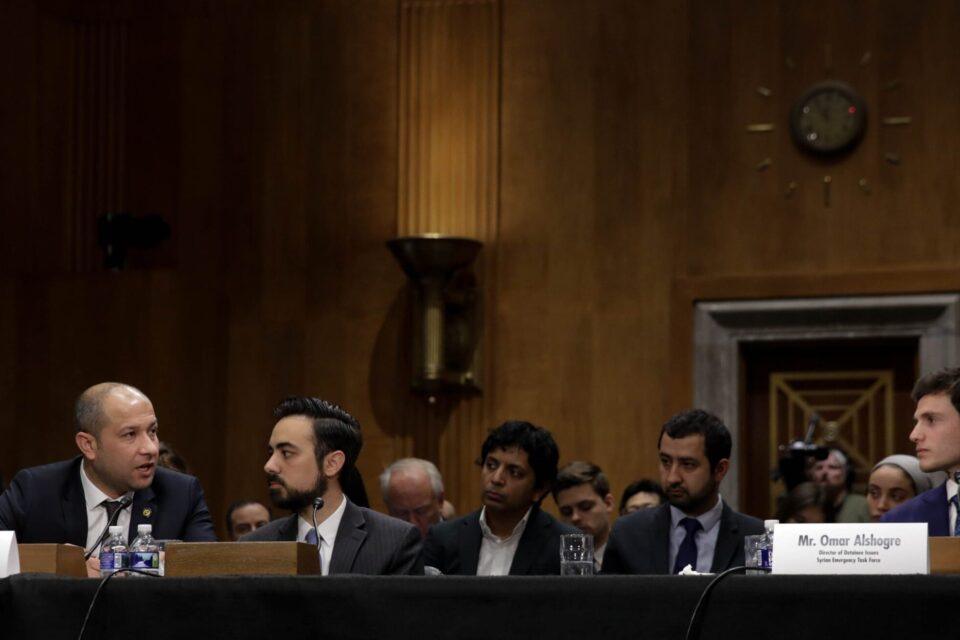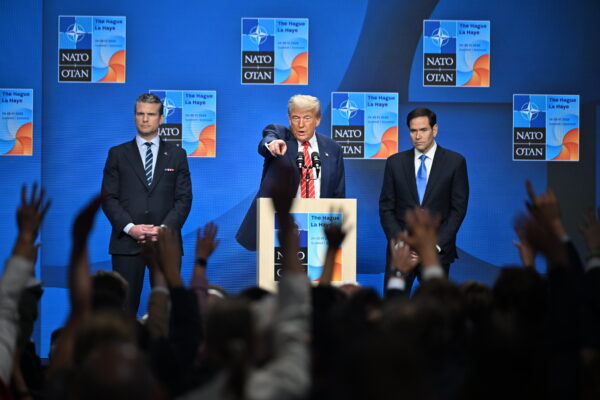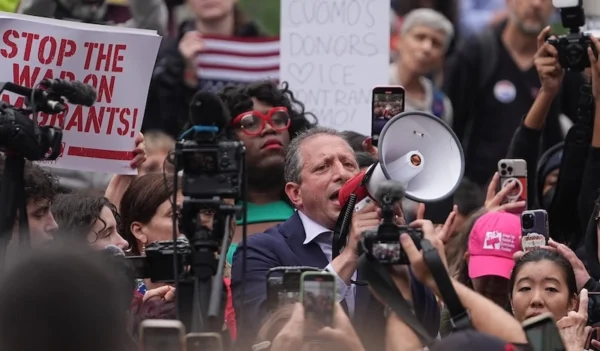The debate over normalization with the Assad regime in Washington

The Syrian regime is using earthquake diplomacy to gain more legitimacy and accelerate the normalization process in the region. Following the earthquake, Egyptian Foreign Minister Shukri met with Assad in Damascus and delivered humanitarian aid to Syria through the regime. The day after the visit of the UAE Foreign Minister al-Nahyan, who is trying to lead the normalization process with Syria, Assad allowed UN aid teams to cross into opposition-controlled areas of Syria. It is no secret that many Arab countries, including the UAE and Egypt, prefer normalizing ties with the Syrian regime. Although the American administration has expressed its opposition to normalization efforts with the Assad regime in the region, there is no indication of serious pressure being exerted on this issue.
Assad’s use of earthquake diplomacy, by not missing the opportunity to travel to countries such as Oman, Russia, and the UAE, is an attempt to show that he is not isolated. Türkiye’s limited contacts with the Syrian regime on security issues have also increased the regime’s hopes for normalization. However, the Saudi opposition to Syria’s re-entry into the Arab League remains a major obstacle to normalization for Assad. It is also known that China has advised Russia to soften its stance on the issue of normalization, which was the result of a normalization agreement between Saudi Arabia and Iran, with China acting as mediator. Saudi Foreign Minister Prince Faisal’s statement at the Munich Security Conference that the current situation cannot be sustained and that Damascus must be engaged at some point shows that normalization is also on the Saudi agenda.
It can be seen that the U.S. administration is principled in objecting to the legitimization of the Syrian regime by not exerting diplomatic pressure on Middle Eastern partners who show a tendency towards normalization. The Biden administration has reduced its Syria policy to the policy of “permanent defeat of Daesh” by supporting the SDF structure under YPG control. The current U.S. administration, which does not have a Special Envoy to Syria, appears to have left its Syria policy to its troops on the ground.Earlier this month, General Mark Milley, the Chairman of the Joint Chiefs of Staff, visited northeast Syria, stating that he did so to inspect the security of American troops who are occasionally threatened by Iranian militias. The fact that the administration has not made any effort to establish a general policy regarding its presence in the region, nor has it been able to propose a peace plan to resolve the Syrian issue, is noteworthy. Washington’s Syrian policy consists of supporting the SDF against ISIS, providing humanitarian aid, and imposing ineffective sanctions on the regime.
Experts on Syria who believe that this ineffective policy is tantamount to turning a blind eye to the normalization of the Syrian regime have warned the Biden administration this week. A group of influential individuals who are experts in Syria and have served in the government released a letter urging the administration to take an effective stance against legitimizing the Assad regime. The letter, which includes heavyweights such as former ambassadors James Jeffrey, Fred Hof, and Jeffrey Feltman among its signatories, calls for the creation of a comprehensive Syrian policy that takes into account not only the consequences of the war but also its causes.
The letter highlights various issues in Syria, including the role of the government in causing problems such as migration and terrorism, their inability to take necessary steps for stability, and how this benefits groups like Daesh. Additionally, the letter notes that the majority of Syrians do not want to live under regime control, and that political solutions to normalize relationships between neighboring countries are not a priority.
The letter calls for a clear stance against the Assad regime, an investigation into war crimes and missing persons, fighting against disinformation, and cooperating with Israel to counter Iran’s influence in Syria. However, it is unlikely that this call will have a significant impact on the Biden administration’s policies towards Syria. Given the current situation, where Iran sent a suicide drone to an American base in Syria and a US citizen was killed, it is clear that the US will continue to avoid escalating tensions with Iran in Syria.
Despite these low-level conflicts between the U.S. and Iran in Syria, the American side is known to be more focused on Russia and China. Biden’s approach to Syria differs from that of Trump, as he does not see Syria as a theater for regional competition with Russia and Iran. However, the lack of a comprehensive strategy and the reduction of Syrian policy to a few priorities has resulted in the U.S. being hesitant to pay the costs and take leadership in the Middle East. This stance is ineffectual in light of the normalization currently taking place in the region, and weakens Washington’s anti-normalization messages towards Assad.


















